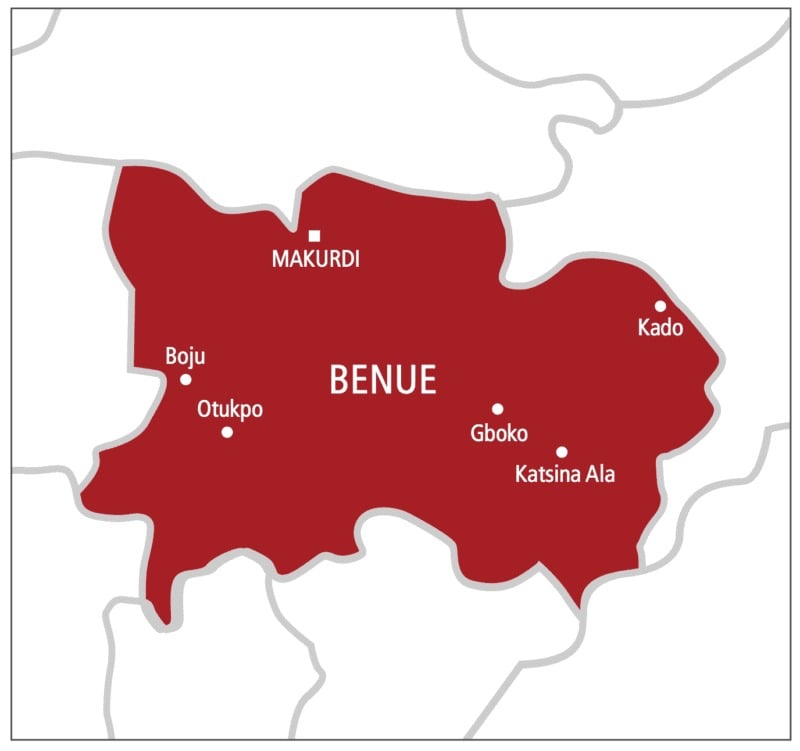An organisation under the umbrella of Corporate Accountability and Public Participation Africa (CAPPA) has condemned in the strongest terms the senseless massacre of over 200 persons in Yelewata and Daudu communities in Guma Local Government Area of Benue State.
Making this known in a statement signed by the Media and Communication Officer, CAPPA, Robert Egbe lamented the vicious attacks which left many dead, scores terribly wounded, and families displaced without shelter or medical care. It denounced the atrocity as an “appalling new low in human cruelty.”
“This atrocity, which defies comprehension, is the latest cycle of violence that has plagued Benue State for decades, where agrarian communities and pastoralist herders have long contested land, water, and grazing rights,” he said.
He added that, “Worse still, when mourning communities took to the streets demanding protection and justice, the police fired tear gas at them, adding salt to open wounds.
Such brutality compounds the initial crime, signalling that the security apparatus is either unwilling or unable to distinguish between victim and perpetrator.”
“This atrocity, which defies comprehension, is the latest cycle of violence that has plagued Benue State for decades, where agrarian communities and pastoralist herders have long contested land, water, and grazing rights.
“Despite historical precedent, these confrontations can no longer be dismissed as mere resource clashes, since they have metastasised into a ruthless and deliberate campaign of terror, waged with brazen impunity and aimed at the systematic annihilation of entire communities.”
For CAPPA, the crisis demands more than public outcry; it calls for a comprehensive, multi-sectoral intervention.
The organisation urged President Bola Ahmed Tinubu and Governor Alia of Benue State to convene an urgent federal-state security summit that empowers a dedicated task force to disarm and dismantle herder militias, apprehend their leaders and prosecute them in transparent, expedited trials.
Civil society and community oversight, CAPPA insisted, must accompany this force to ensure accountability and prevent the re-emergence of rogue elements under different guises.
It called for the formation of community-led peace councils in vulnerable areas, comprising both farmers and herders.
These councils, elected by residents, would meet regularly to negotiate land-use agreements, resolve disputes, and defuse tensions before they erupt into violence.
Alongside security measures, CAPPA recommended nationwide modern ranching projects paired with compulsory livestock registration, removing the need for open grazing routes and making cattle movements traceable.
The organisation demanded the creation of a victims’ compensation fund to rebuild lives in Yelewata and other areas affected by similar circumstances.
It insisted that survivors must receive trauma counselling and material support to heal from the unspeakable loss.
CAPPA also called on the Nigeria Police Force to issue a formal apology for the teargassing of distraught indigenes and to adopt dialogue-based protest management protocols, ensuring peaceful assemblies are met with respect rather than force.
The ramifications, CAPPA warned, extend far beyond Yelewata and Benue State; “they portend a deeper rot in the state’s security architecture and the collapse of basic government responsibility.”
“Worse still, when mourning communities took to the streets demanding protection and justice, the police fired tear gas at them, adding salt to open wounds.
Such brutality compounds the initial crime, signalling that the security apparatus is either unwilling or unable to distinguish between victim and perpetrator,” the CAPPA statement observed.
The organisation levelled sharp criticisms at Governor Hyacinth Alia’s administration and the federal government, describing their repeated assurances of security as “hollow rhetoric” that has failed to effectively address the root causes of the issues or translated into tangible protection in Benue and other insecurity hotspots nationwide.
ALSO READ TOP STORIES FROM NIGERIAN TRIBUNE






